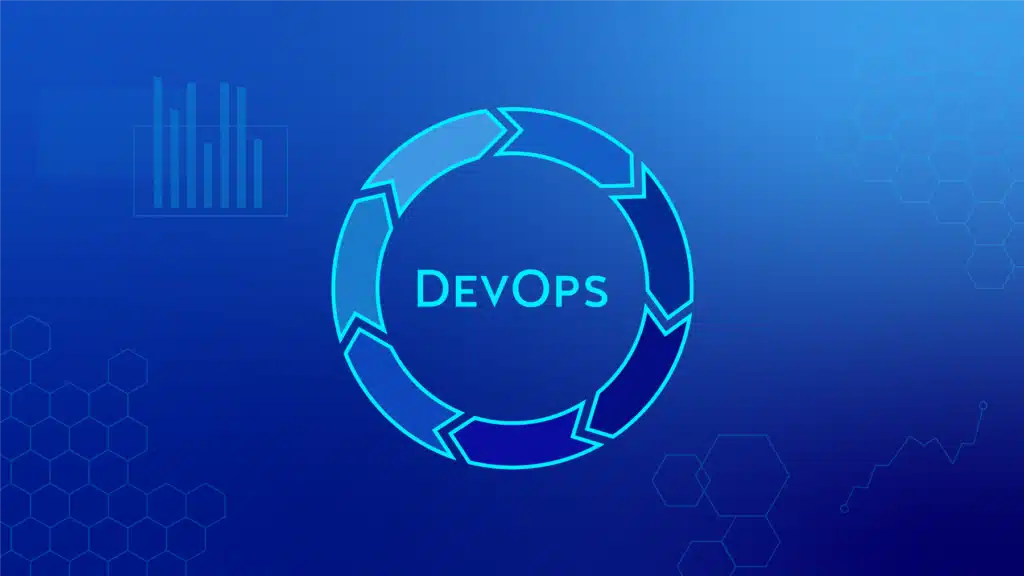Scaling DevOps is crucial for businesses to streamline their software development processes, improve efficiency, and deliver high-quality products. It involves expanding and adapting DevOps practices and principles across an organization to accommodate growing demands, larger teams, and complex projects. Obviously, an initiative of this magnitude can be challenging without the right strategies in place.
In this article, we will explore the key steps that business owners, entrepreneurs, and decision-makers can take to effectively scale DevOps within their organizations. We will also highlight the benefits of deploying Docker, a powerful tool for containerization and streamlined application deployment.
Contents
1. Hire the Right Skill Sets for DevOps
One of the foundational elements of scaling DevOps is assembling a team with the right skill sets. Look for individuals who possess a combination of technical expertise, collaboration skills, and a mindset aligned with DevOps principles. By hiring talented professionals with a strong understanding of automation, infrastructure-as-code, and continuous integration/continuous delivery (CI/CD), you can lay a solid foundation for successful DevOps scaling initiatives.
Among your team, you should consider hiring an agile coach. This role can provide guidance on adopting agile methodologies within DevOps, facilitating cross-team collaboration, and promoting a culture of continuous improvement. With the increasing adoption of cloud technologies, a cloud architect could also benefit your team and can help in designing and implementing scalable and secure cloud infrastructure. The person in this role should have expertise in cloud platforms such as AWS, Azure, or Google Cloud.
2. Provide Comprehensive Training and Continuous Learning
Scaling DevOps requires investing in your team by providing comprehensive training programs that empower them to adopt and implement DevOps practices successfully. Through continuous learning opportunities, such as workshops, certifications, and knowledge-sharing sessions, you can ensure that your team stays up to date with the latest DevOps methodologies, tools, and technologies such as microservices architecture. This ongoing training will help them embrace a DevOps mindset and in doing so, contribute to your organization’s scaling efforts.
3. Leverage Docker for Streamlined Application Deployment
When a company chooses to deploy Docker, it is a game-changer. Docker allows you to package applications and their dependencies into containers, providing consistency across various environments and simplifying deployment processes. With Docker, you can easily create, test, and deploy applications, significantly reducing the time and effort required for configuration and ensuring application portability across devices. By adopting Docker as part of your DevOps strategy, you can enhance scalability and efficiency in your software development lifecycle.
4. Embrace Automation for Efficiency and Consistency
Automation is the last key for successfully scaling DevOps. By automating repetitive and manual tasks, you can reduce errors, improve efficiency, and enhance consistency throughout your development pipeline. Automation tools can automate tasks such as testing, deployment, and infrastructure provisioning. By leveraging these tools effectively, you can achieve faster delivery cycles, greater agility, and more reliable software releases.
Adaptation, Evolution and Your Company’s Journey
Scaling DevOps requires a thoughtful approach that includes hiring employees who have the right skill sets, providing comprehensive training, leveraging Docker for streamlined application deployment, and embracing automation. By following these steps, business owners, entrepreneurs, and decision-makers can optimize their software development processes, enhance collaboration among their team members, and successfully scale their DevOps initiatives. By deploying Docker in these initiatives, businesses can experience the benefits of containerization, enabling greater agility, scalability, and efficiency. Remember, successful DevOps scaling is an ongoing journey that requires continuous improvement and adaptation to meet evolving business needs.

